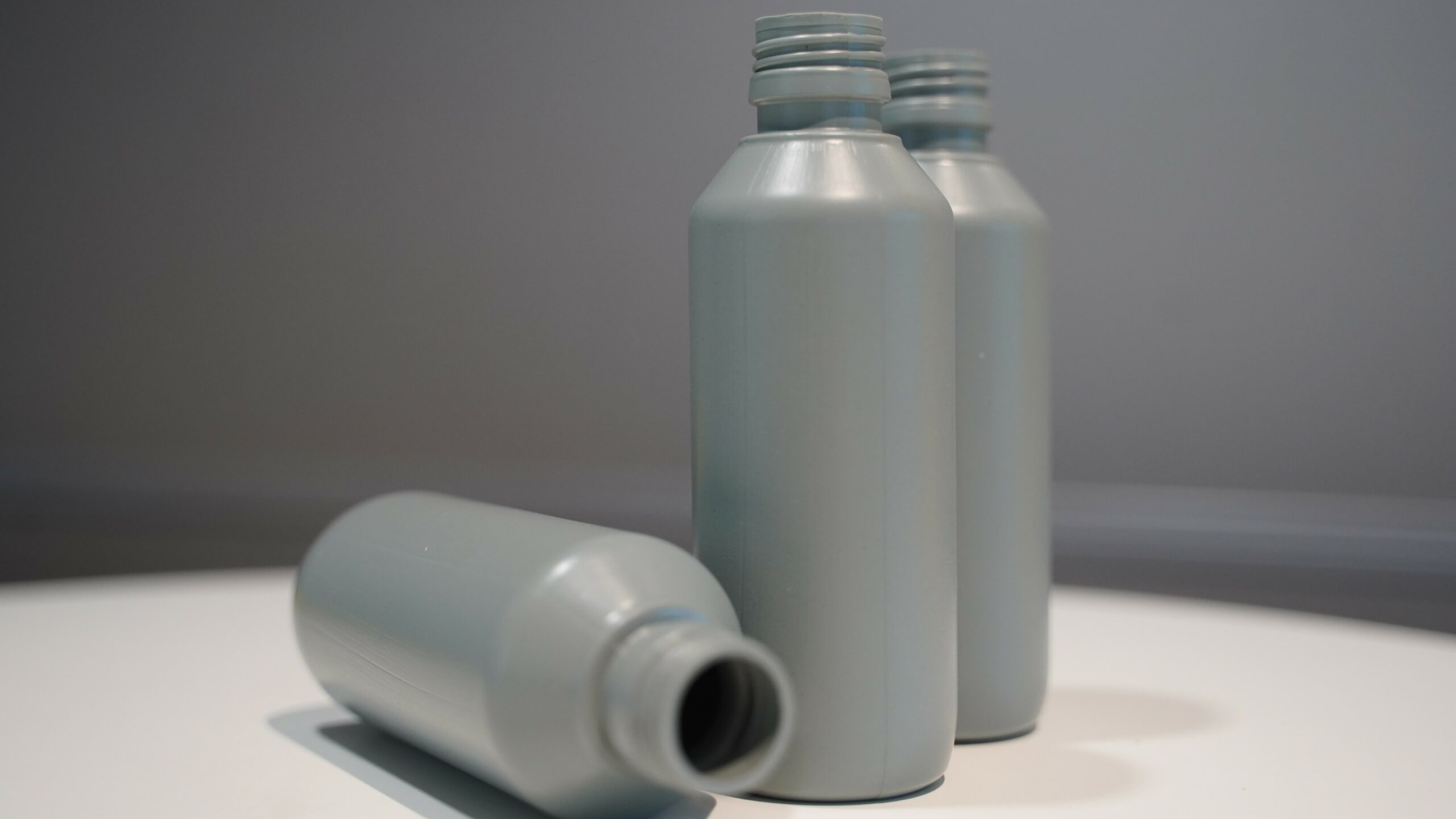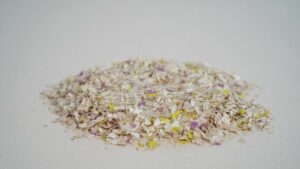RECIPOL: Development of new technologies for cleaning and decontaminating polyolefins
The ReciPOL project focuses on developing new technologies for decontaminating recycled polyolefins, which will both increase the recycling rates of these polymers and promote their use in high-value applications such as detergents and cosmetics.
Context
In line with European sustainability goals, the Royal Decree on Packaging and Packaging Waste stipulates that packaging recycling rates must be increased to 65% by 2025 (50% for plastic) and 70% by 2030 (55% for plastic). In addition, it should be noted that this figure is extended to 30% for all polymers by 2030.
Additionally, the entry into force of the so-called “plastic tax” included in the Law on Waste and Contaminated Soil for a Circular Economy, which levies a tax of €0.45/kilogram on the non-recycled plastic content of non-reusable packaging in order to promote the consumption of recycled plastics.
For all these reasons, the packaging sector is facing new challenges in terms of increasing recycling rates and the quality of recycled materials. This requires a greater quantity and quality of recycled material capable of meeting the demand for these materials in the market. This challenge is even greater in the case of polyolefins, as their molecular structure is more difficult to decontaminate and, therefore, to recycle in high-value applications.
Summary and objectives
The ReciPOL project focuses on the research and development of new processes for the decontamination of polyolefin packaging waste that is currently landfilled, incinerated, or recycled for applications with lower quality requirements. This project will therefore promote its use in high-value applications such as detergents and cosmetics.
The ReciPOL project will evaluate the efficiency of decontamination in different processes and types of polyolefins, covering all stages, from post-consumer and pre-consumer waste management, pre-conditioning, decontamination, granulation, and transformation of recycled products.
To achieve this overall objective, the following lines of action are proposed:
Line of action 1. Analysis of post-consumer polyolefin contaminants.
Line of action 2. Development of polyolefin pretreatment and decontamination processes.
Line of action 3. Validation of decontaminated material processing.
Inicial press release
ITENE research center has developed advanced processes for conditioning and decontaminating polyolefin waste for the production of detergent and cosmetic containers with improved properties. You can find more information in this press release.
Results
The project has been validated through the manufacture of detergent products of different sizes from highly contaminated post-consumer HDPE waste. For that purpose, advanced pretreatment and decontamination processes have been developed for this waste once it has been characterized.
Once the effectiveness of the processes developed had been evaluated, steam treatment was selected as the most effective in techno-economic terms. These decontaminated flakes were used to make formulations to improve processability and obtain a material with a higher degree of decontamination in line with its processing by hollow body extrusion blow molding.
Final press release
ITENE research center has developed advanced decontamination processes for recycled polyolefins, specifically recycled high-density polyethylene (HDPE), which have enabled it to produce detergent containers by extrusion blow molding them in different sizes. You can find more information in the final press release.




